The Hidden Dangers of Birds Nesting at Your Home
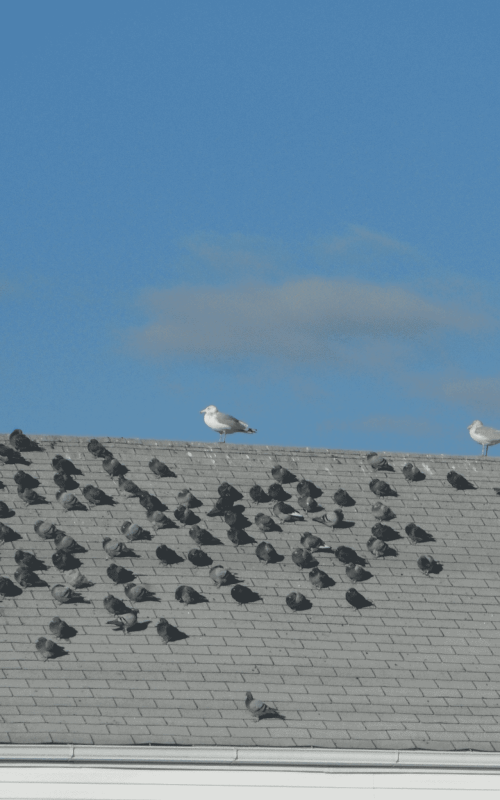
At first glance, having birds roosting or nesting around your home may seem harmless—even charming. However, the reality is that birds can cause significant damage and pose health risks to your property and family. If left unchecked, these seemingly innocent creatures can lead to costly problems down the road. In this post, we’ll dive into the dangers of having birds take up residence on your property and why it's crucial to address the issue early.
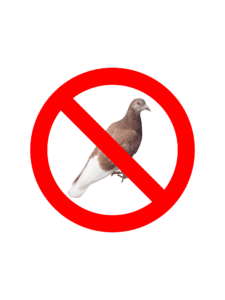
1. Property Damage
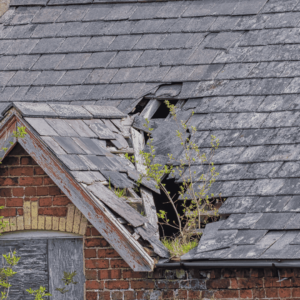
Birds are known to cause substantial damage to roofs, gutters, and exterior walls. Nests built in gutters and roof valleys can lead to blockages, preventing proper drainage and causing water to back up. This often results in leaks, water damage, and even structural issues that require expensive repairs. Furthermore, bird droppings are highly acidic and can corrode building materials, especially metal surfaces like roofing, gutters, and air conditioning units.
2. Health Hazards
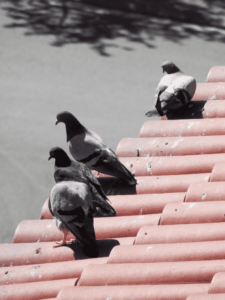
Bird droppings aren’t just unsightly—they’re a health hazard. Bird feces carry harmful pathogens such as salmonella, E. coli, and histoplasmosis, a fungal infection that can affect the lungs. When dry, bird droppings can turn into airborne dust particles, which can then be inhaled by people and pets, leading to serious health complications. Nests also attract parasites like bird mites, fleas, and lice, which can spread to humans and pets, causing irritation and allergic reactions.
3. Attraction of Pests
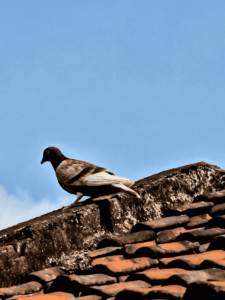
Birds nesting on your property may unintentionally invite more unwanted guests. Nests made of twigs, leaves, and other debris can attract insects like ants, flies, and beetles, while the food birds bring in can attract larger pests, such as rodents. Once these pests find their way onto your property, they can make their way indoors, causing even bigger headaches.
4. Corrosion and Staining
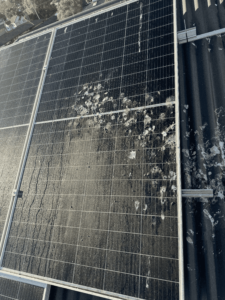
Bird droppings are more than just an eyesore—they’re corrosive. Over time, they can leave behind unsightly stains on your roof, siding, patios, and vehicles. The acidic nature of the droppings can corrode metal surfaces and degrade other materials, such as wood and stone. Solar panels are particularly vulnerable, as bird droppings can reduce their efficiency and damage the protective layers, leading to costly repairs or replacements.
5. Fire Hazards
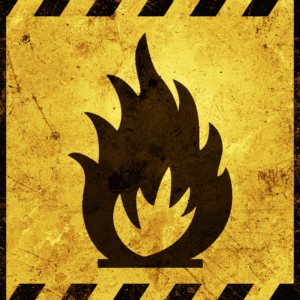
One of the lesser-known dangers of bird nests is their potential to become fire hazards. Birds often build nests in vents, chimneys, and other secluded areas, using dry materials like twigs and grass. These nests can block ventilation, cause overheating, or catch fire if they come into contact with electrical wiring or a heat source.
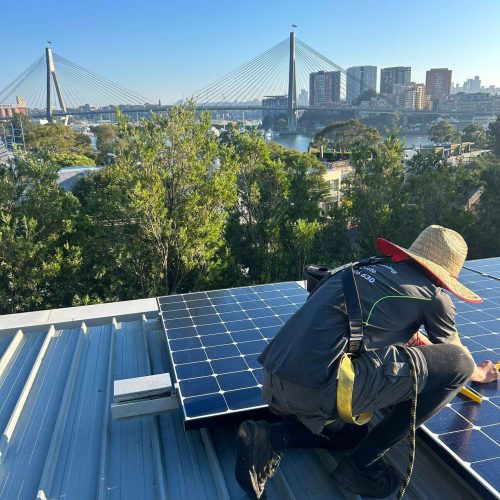
How to Protect Your Home - Conclusion
The best way to protect your home and family from these risks is by preventing birds from nesting in the first place. Professional bird-proofing solutions, such as bird netting, spikes, and gel deterrents, can keep birds away from vulnerable areas without harming them. Regular roof and gutter cleaning is also essential to ensure that any debris or nesting materials are removed before they cause damage.
Quick Links
Services
Contact Information
- 302/2 East Lane, North Sydney NSW 2060
- info@magicgutter.com.au
- Phone: (61) 0404 496 630
Tagged Birds Problem
